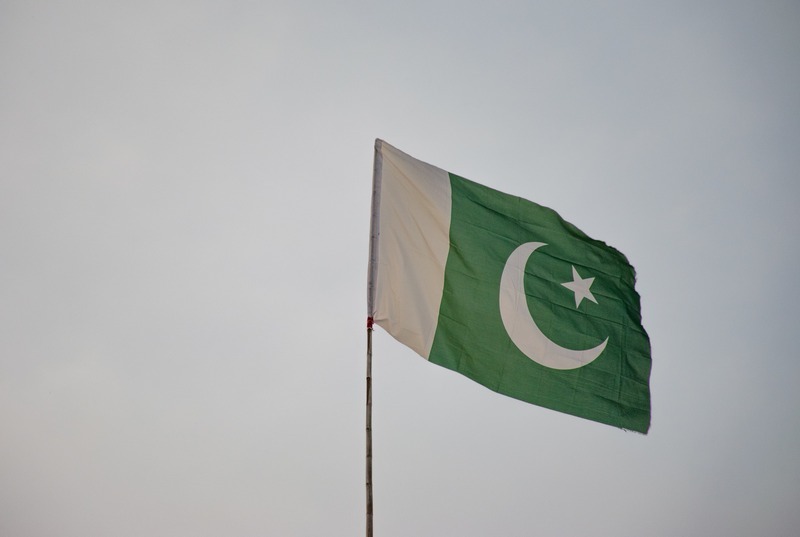
Despite Pakistan's claims of promoting religious freedom and protecting minorities, ongoing violence and discrimination paint a far grimmer picture. The recent U.S. designation of Pakistan as a "Country of Particular Concern" for religious freedom violations only underscores the disconnect between official pronouncements and the lived realities of minority communities.
Reacting to this, the Foreign Affairs Ministry of Pakistan released a statement, contending that it resulted from a "biased and arbitrary assessment" and was "disconnected from on-the-ground realities."
A litany of abuses casts doubt on Pakistan's commitment to equality. The August 2023 mob attacks on Christians in Jaranwala, fueled by false blasphemy accusations, stand as a stark reminder of the precarious existence of religious minorities. Unchecked forced conversions of underage girls, especially from Christian and Hindu families, add another layer of vulnerability. The government's inaction against such blatant transgressions speaks volumes about its priorities.
Religious leaders and rights activists paint a stark picture. Bishop Azad Marshall of the Church of Pakistan highlights the government's persistent refusal to hold officials accountable for the Jaranwala attacks, effectively endorsing impunity for perpetrators.
In August, Muslim mobs, incited by mosque leaders, burned 20 church buildings and attacked Christian properties in Jaranwala over a false blasphemy case against two Christians. Bishop Azad Marshall filed a petition for a judicial inquiry, but the Punjab government, citing existing joint investigation teams, opposed it. Ongoing delays, despite a court directive in December, have hindered progress.
“The fear of our minor daughters being abducted by Muslim men for sexual exploitation in cover of marriage continues to haunt us, yet there’s no sign that the government is committed to preventing this barbarity against children,” he said.
The upcoming February elections offer a potential turning point. Religious minorities hope for a new government that truly prioritizes their safety and well-being. A leadership willing to tackle the root causes of discrimination, from legislative reforms to dismantling extremist networks, is what's desperately needed.
Samson Salamat, chairman of the Rwadari Tehreek, echoes these concerns, calling for stronger measures like constitutional amendments and zero tolerance against hate speech.
Samson Salamat, echoing Bishop Marshall's concerns, emphasizes the stark reality of shrinking religious freedom in Pakistan. He argues that despite official proclamations, the lives of religious minorities remain precarious and unpredictable due to ongoing threats. Salamat criticizes cosmetic measures like mediation centers and high-profile meetings as insufficient for minority protection.
He believes the true culprit is “the presence of blasphemy laws,” which grant extremists like Tehreek-e-Labbaik Pakistan impunity and fuel mob violence against minorities. Instead of engaging in political appeasement, Salamat urges the government to take decisive action.
“It should make a constitutional amendment to ensure that religious minorities are equal citizens of Pakistan in letter and spirit; initiate a grand parliamentary debate to stop the misuse of the blasphemy laws and formulate a strategy to prevent religiously-motivated mob violence; show zero tolerance against hate speech; and effectively crack down on extremist outfits,” Salamat suggested.
Pakistan's ranking on Open Doors' World Watch List paints a troubling picture, with the country steadily climbing the ranks of the most challenging places for Christians. This trend serves as a stark reminder that mere pronouncements do not suffice. Concrete action, genuine commitment, and robust protection mechanisms are what minorities yearn for, not empty platitudes and cosmetic gestures.


















